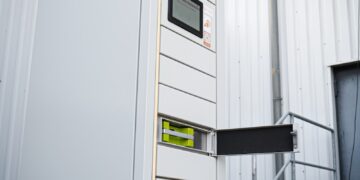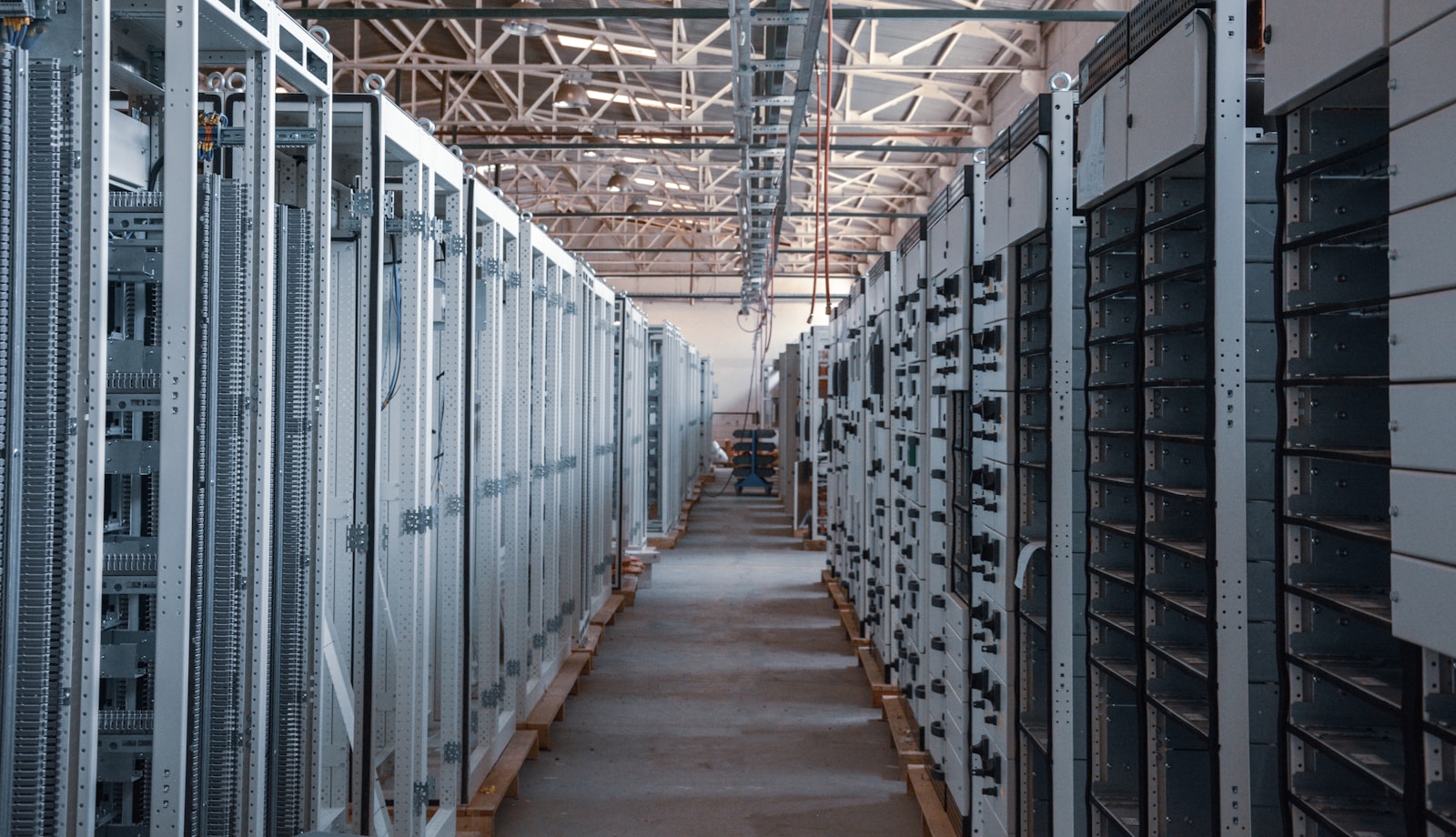A groundbreaking study unveils a hybrid energy system that combines geothermal energy and municipal solid waste (MSW) to produce green hydrogen, electricity, hot water, medium-pressure steam, and oxygen with near-zero carbon emissions. Published in Energy Conversion and Management: X (Volume 27, July 2025), this innovative design offers a sustainable solution to global energy and environmental challenges.
Harnessing Renewable Power for a Cleaner Future
The system integrates four key subsystems: biomass steam gasification, water electrolysis, seawater desalination, and a flash-binary geothermal power plant with a cascaded organic Rankine cycle (ORC). By leveraging geothermal energy and MSW, it eliminates reliance on fossil fuels, achieving a carbon-neutral process. The system produces 230 kg/h of green hydrogen, 31,217 kW of electricity, 18,488 kg/h of hot water, 1,981 kg/h of medium-pressure steam, and 1,054 kg/h of oxygen.
Key Findings: Efficiency and Environmental Impact
- High Efficiency: The system boasts an energy efficiency of 78.57% and an exergy efficiency of 65.4%, outperforming similar systems.
- Sustainability: A sustainability index of 2.89 reflects minimal energy loss, enhancing environmental performance.
- Carbon Reduction: It saves 66,428 liters of petroleum annually and cuts CO2 emissions by 223,260 kg/year, offering significant reductions compared to traditional methods like steam methane reforming (1,500 kgCO2/h) and coal gasification (3,773 kgCO2/h).
- Cost-Effectiveness: The total unit cost of product (TUCP) is $3.70/GJ, making it economically competitive.
Innovative Design and Optimization
The system’s design optimizes energy use by recovering waste heat and integrating advanced technologies. A multi-objective optimization using the weighted sum method maximized hydrogen production while minimizing costs. Key operational variables, such as geothermal flow rate, gasifier temperature, and biomass flow, were analyzed to fine-tune performance. For instance, increasing geothermal flow boosts electricity output but slightly reduces efficiency, while optimal gasifier temperatures (around 800°C) enhance hydrogen yield.
A Model for Sustainable Energy
This hybrid system sets a new standard for clean energy production, addressing both waste management and energy demands. By converting MSW into valuable energy outputs and harnessing stable geothermal resources, it paves the way for a cost-effective, environmentally friendly hydrogen economy. Future research could explore dynamic modeling, alternative renewable sources like solar or wind, and advanced desalination methods to further enhance performance.
Source: Adapted from Energy Conversion and Management: X, Volume 27, July 2025, doi:10.1016/j.ecmx.2025.101106

















